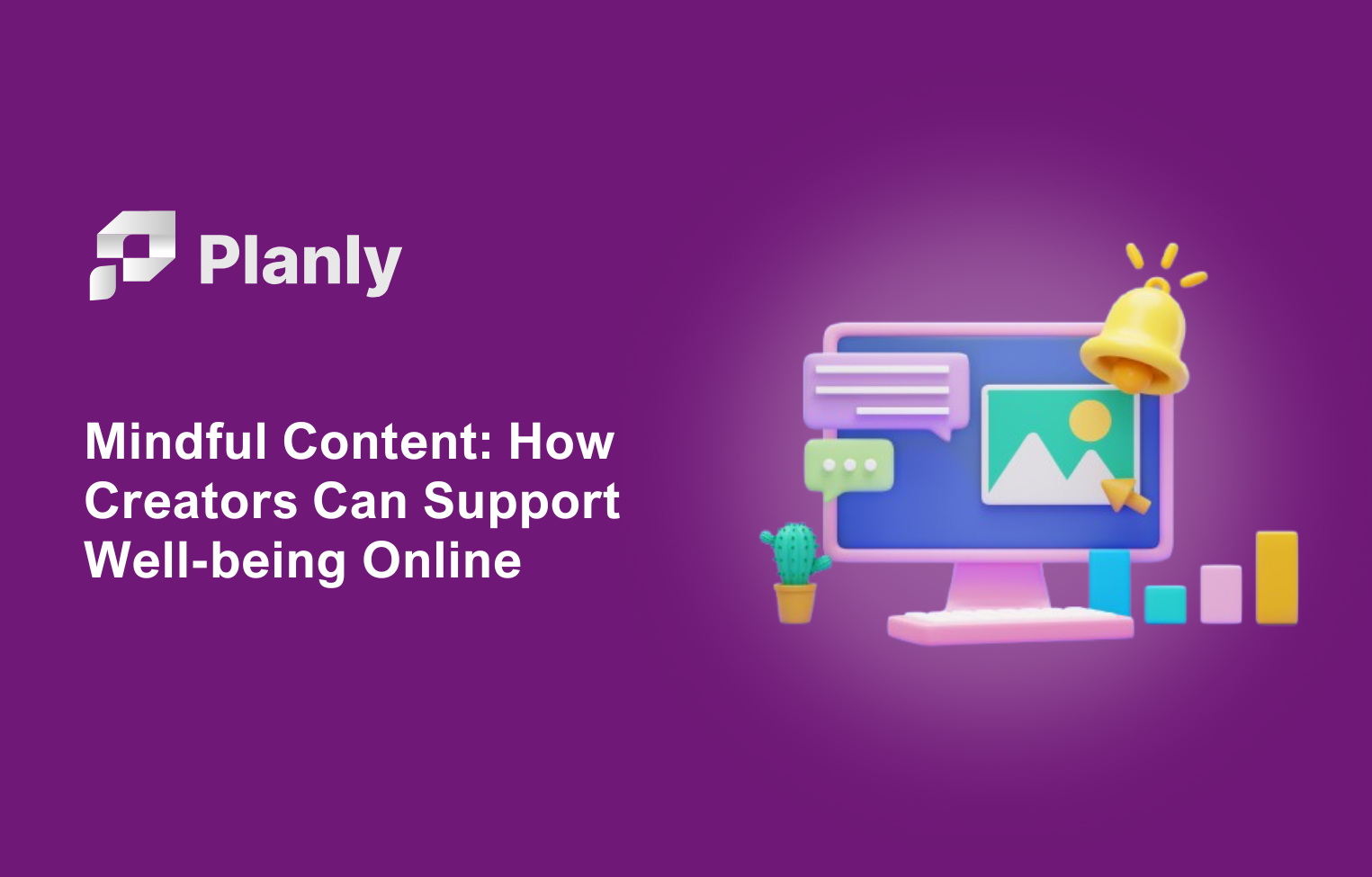Cause marketing, also known as cause-related marketing, involves collaborations between businesses and non-profit organizations to create social impact while driving brand awareness and customer loyalty. By aligning with a cause, companies can leverage their social media platforms to engage their audience, build a positive reputation, and contribute to the betterment of society. In this article, we will explore inspiring cause marketing examples and discuss how you can optimize your social media strategy to make a meaningful impact.
Why Does Cause Marketing Matter?
Cause marketing has become a powerful tool for businesses as it helps them address social issues and connect with their audience on a deeper level. It is not just about corporate philanthropy; it's about bringing together businesses and non-profit organizations to create mutually beneficial partnerships. By integrating a charitable cause into their marketing campaigns, companies can foster a sense of purpose and authenticity, which is highly valued by today's socially conscious consumers.
The Importance and Benefits of Cause Marketing:
Enhanced Brand Reputation and Differentiation
Cause marketing allows businesses to showcase their commitment to social responsibility, resonating with consumers who prioritize companies that share their values. By actively engaging in cause-related initiatives, brands can build trust and differentiate themselves from their competitors, ultimately attracting more loyal customers. A study by Cone Communications reported that 87% of consumers are more likely to buy a product from a company that advocates for an issue they care about.
Increased Customer Loyalty
Cause marketing can help foster a deeper connection between a brand and its customers. When consumers perceive a brand as genuinely caring about a cause and making a measurable impact, they are more likely to become loyal advocates, often going the extra mile to support the brand. Moreover, customers may choose to switch from competitor brands to those aligned with causes they believe in, solidifying their dedication to the cause and reinforcing brand loyalty.
Expanded Audience Reach and Engagement
By associating with a cause, businesses can tap into a new audience base. Cause marketing campaigns have the potential to attract individuals who are passionate about the cause being supported, providing an opportunity to engage and convert new customers. Moreover, these campaigns tend to generate organic buzz, as enthusiastic supporters share the brand's initiatives on various social media platforms, amplifying brand visibility and fostering audience engagement.
Positive Public Relations
Cause marketing campaigns often receive significant media attention due to their compelling narratives and the positive impact they generate. This exposure helps businesses gain valuable media coverage, improving their public relations and overall brand image. By leveraging the cause for storytelling, businesses can create a lasting impression in the minds of consumers, establishing themselves as leaders and champions of social change.
Employee Engagement and Retention
Engaging employees in cause marketing initiatives fosters a sense of purpose and pride, resulting in increased employee satisfaction and improved retention rates. When employees believe in the brand's commitment to making a difference, they are more likely to feel connected to their work, leading to higher productivity and overall organizational success. In addition, participation in cause marketing can serve as a platform for team-building activities, boosting employee morale and creating a positive working environment.
Inspiring Cause Marketing Examples

Let's delve into some noteworthy cause marketing examples that have effectively utilized social media platforms to raise awareness and drive meaningful change:
Toms' One for One
Toms, a renowned shoe company, introduced its "One for One" campaign, where for every pair of shoes purchased, the company donates a pair to a child in need. Toms leveraged social media to share heartwarming stories of the impact their donations have made, encouraging customers to be a part of their noble cause.
Coca-Cola and World Wildlife Fund (WWF)
In collaboration with the WWF, Coca-Cola launched the Arctic Home campaign, aimed at protecting polar bears and their habitat. Coca-Cola utilized social media channels to raise awareness about the campaign, allowing users to engage by donating money or sharing the posts with the hashtag #ArcticHome.
Starbucks' Ethos Water
Starbucks addressed the global water crisis by introducing Ethos Water—a brand that donates a portion of its revenue to fund water projects in underserved communities. Through social media, Starbucks educated its audience about the importance of clean drinking water and encouraged them to make a difference by purchasing Ethos Water.
Patagonia's "Worn Wear" Initiative
Patagonia challenged the consumerist culture by encouraging customers to repair and reuse their clothing instead of constantly buying new garments. Through social media and in-store events, Patagonia shared stories of customers embracing the "Worn Wear" movement, inspiring others to adopt sustainable fashion practices.
The Body Shop
Forever Against Animal Testing: The Body Shop has long been associated with ethical practices. In their fight against animal testing, they launched a cause marketing campaign aiming to collect 8 million signatures urging the United Nations to ban animal testing in cosmetics. The campaign not only raised awareness but also facilitated customer engagement through online petitions and in-store activities.
Optimizing Your Social Media Strategy for Cause Marketing

Research and choose a cause that aligns with your brand's values and connects with your target audience. By focusing on a cause that resonates strongly with your customers, you can generate genuine engagement and support. To leverage the power of cause marketing effectively, consider implementing the following strategies to enhance your social media strategy:
Research and choose a cause that aligns with your brand's values and connects with your target audience. By focusing on a cause that resonates strongly with your customers, you can generate genuine engagement and support.
Tell an authentic story
Utilize your social media platforms to tell engaging and authentic stories that showcase the impact your brand and customers are making together. Use images, videos, and compelling captions to humanize your cause and connect emotionally with your audience.
Amplify User-Generated Content (UGC)
Encourage your followers to share their experiences and involvement with your cause. Reposting UGC on your social media platforms not only strengthens the bond between your brand and customers but also inspires others to join in.
Create Interactive Campaigns
Develop interactive social media campaigns that encourage followers to actively participate and support your cause. For example, you can organize contests, challenges, or fundraisers where users can contribute and become advocates for your cause.
Collaborate with Influencers
Partner with influencers who share your values and have a significant presence on social media. Influencers can help amplify your cause marketing message, reaching a wider audience and inspiring them to participate.
Conclusion
Cause marketing has the potential to create a profound impact on society while strengthening your brand's reputation and customer loyalty. By aligning your social media strategy with a compelling cause and implementing best practices such as storytelling, user-generated content, interactive campaigns, and collaborations with influencers, you can drive meaningful change, engage your audience, and make a lasting difference in the world.To maintain consistent engagement and ensure your cause resonates over time, using a Facebook scheduling tool allows you to strategically plan and release your content, keeping your audience connected to your mission at every step. Embrace cause marketing as a vital tool for your social media strategy and witness the positive impact it can create for your business and the society at large.









